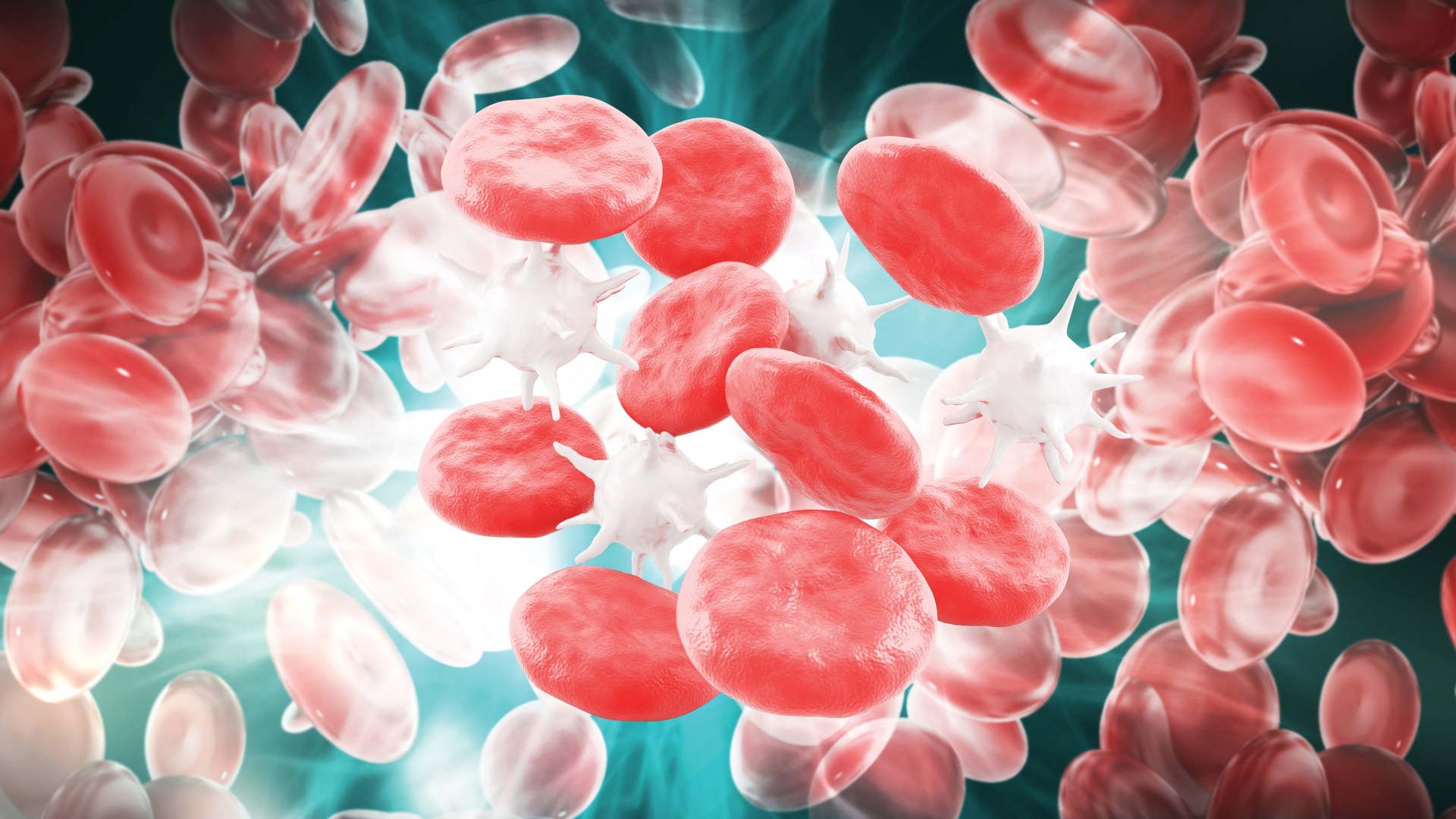If your church tends to use contemporary worship songs and leave hymns aside, on Good Friday you’ll probably sing plenty about the Cross, the death of Christ, salvation, grace, and related topics. But you’re unlikely to sing about the blood of Christ. That’s too bad, because as the old hymn goes, there is not only power in the blood, but also a rich well of meaning that the biblical writers were not even aware of.
This isn’t an editorial about worship wars. This isn’t about Wesley versus Wickham. In fact, if you look at the modern worship being produced, there’s a fair bit of sanguinary speech. Chris Tomlin’s latest album is titled Love Ran Red. On David Crowder’s most recent album he sings, “Whatever you’ve done can’t overcome the power of the blood.” And Matt Redman goes for the jugular:
Your blood speaks a better word
than all the empty claims
I’ve heard upon the earth.
Speaks righteousness for me.
The song—an update of Robert Lowry’s Reconstruction-era hymn “Nothing but the Blood”—gained popularity when it was released a decade ago. But it’s no longer sung in many churches. Only 8 of the top 100 songs licensed by Christian Copyright Licensing International (which covers almost all modern worship sung in churches) even mention Jesus’ blood. And none of the top 100 focuses on it.
That’s remarkable, given how blood-drenched our sung faith has been in ages past.
And can it be that I should gain an interest in the Savior’s blood?
My hope is built on nothing less than Jesus’ blood and righteousness.
Are you washed in the blood of the Lamb?
His blood can make the foulest clean, his blood availed for me.
I have a funny reaction to these hymns: I love them. They are among the most common songs that get stuck in my head—especially William Cowper’s “There Is a Fountain” (specifically Willie Nelson’s 1976 honky-tonk cover). What’s ironic is that like about 4 percent of the US population, I am mildly hemophobic. Seeing blood or hearing people describe injuries makes my heart rate and blood pressure drop. But somehow I can sing, “There is a fountain filled with blood, drawn from Emmanuel’s veins, and sinners plunged beneath that flood lose all their guilty stains,” and not pass out.
One of the most famous pieces CT ever published was Philip Yancey and physician Paul Brand’s 1983 three-part series on blood. In it, Brand describes how the blood in each of us does physically what Jesus’ blood does metaphysically. Blood cleanses us, it gives us life, it is life. More recently, Horace Smith, a clinical hematologist as well as the pastor of Chicago’s Apostolic Faith Church and a former World Vision board member, took up those themes in Blood Works. It’s clear that both physicians are as absolutely enthralled with blood as I am horrified by it.
“The wonders within us … showcase God’s masterpiece of creation and redemption,” Smith writes. “Our blood is one of the most powerful examples of common grace in our lives, and it tells volumes about God’s tender, tenacious care [as it also serves] as a metaphor of the second kind of grace God gives us: special or saving grace.… Far from being barbaric, blood is truly beautiful.”
Blood nourishes. Blood eliminates toxins. Blood protects us from pathogens. White blood cells sacrifice themselves. Blood heals our wounds. Blood identifies us. Blood unites us.
Meanwhile, Christ’s blood justifies, redeems, reconciles, sanctifies, justifies, cleans, frees, ransoms, brings peace, and unites us. There is not an aspect of the work of Christ that the New Testament does not connect to his blood.
Blood is beautiful. Blood is horrifying. Blood means life. Blood means death. Jesus’ blood is an object of deepest devotion and deepest horror.
But the power of the image is not the only reason we could use more explicit blood language as we contemplate the Cross. We should also consider how important it has been in God’s own discussion of that work. Early 20th-century Methodist theologian Vincent Taylor noted that the New Testament writers used the word three times more often than cross and five times more often than death to talk about the Atonement. As we might sing ever more often: There really is wonderful power in the blood.
Ted Olsen is CT managing editor for news and online journalism.










